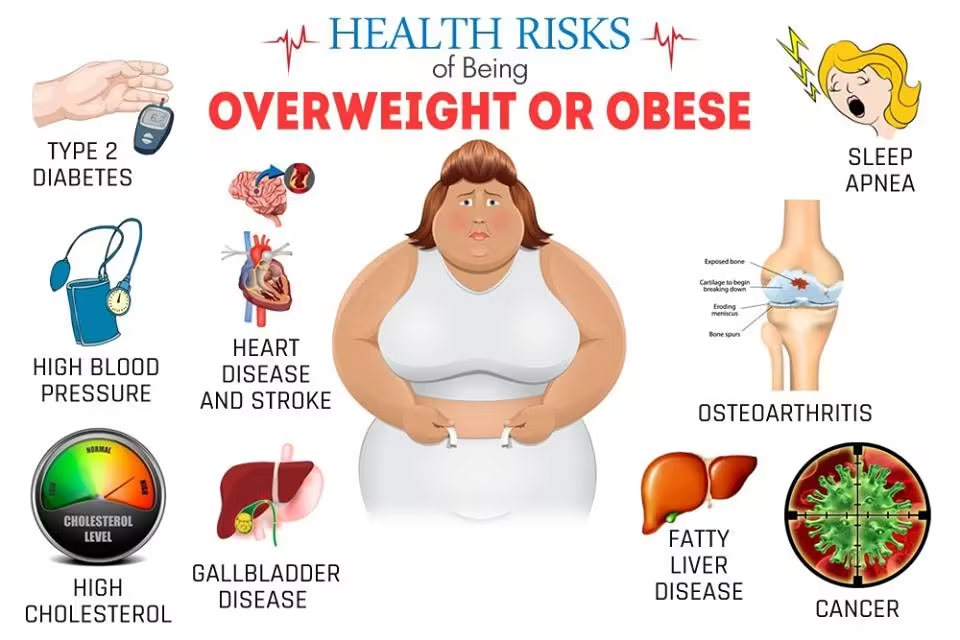Graduates from a medical billing and coding certificate program are heading into a strong job market. Many will become medical records specialists, an occupation that is projected to grow 8% from 2022 to 2032, faster than the average for all occupations, according to the U.S. Bureau of Labor Statistics (BLS).
We spoke with Karen Getman, program chair of the medical billing and coding certificate program in Purdue Global’s School of Health Sciences, about the most common interview questions for medical billers and coders. Keep these in mind as you apply for open positions.
1. Tell Me About Yourself and What Motivated You to Pursue a Career in Health Care?
Open-ended questions of this nature can get tricky because you don’t want to go on and on about your pet rabbit or your personal hobbies. Focus on your experience, training, and education.
“Medical billing and coding jobs differ in skills and responsibilities but work in support of each other, so consider this when preparing for your interview,” says Getman. “For both roles, the interviewer will generally be looking for a candidate with a solid work ethic, good communication skills, and someone adaptable and willing to learn.”
2. Describe Your Experience in Medical Billing or Coding
Employers are looking for an answer that mixes relevant and diverse experience. If you’ve worked as a medical biller or coder before, describe the length of your experience. Be specific about where you’ve worked, which schools you’ve attended, and any relevant volunteer experience you may have.
If you have no experience, Getman recommends getting a little creative.
“Find ways to gain experience with internship opportunities, job shadowing, or volunteering,” Getman says. “Talk about projects you did in your academic program that relate to real-world scenarios.”
Drawing from your experiences as a student is an excellent way to answer questions if you don’t have work experiences to draw from. “Explain this, be honest, and show that if you don’t have the answer, you know where to find the resources to get the answers,” says Getman.
3. What Area(s) in Medical Billing and Coding Are Your Strengths?
The strengths you pick should be relevant to the field. For example, employers are likely looking for detail-oriented candidates, as accuracy is an important characteristic of both medical billers and coders, says Getman.
If you are a new medical biller or coder, an appropriate answer may be, “I am new to the field and will need to learn your clinic’s processes; however, I feel very prepared and confident in the clinical skills I have gained from my externship and coursework.”
If the interviewer asks about any weaknesses, don’t say the word “weakness” back to them. Position your answer as an opportunity to improve.
“You can also use this as an opportunity to discuss hard and soft skills that you’ve improved over time and the actions you took to improve them,” says Getman.
>> Read More: The Top 8 Soft Skills That Employers Want
4. Provide an Example of a Challenging Coding Scenario You Encountered and How You Resolved It
This is an opportunity to display your problem-solving skills as well as compassion and empathy. Describe the situation, focusing less on the actual problem and more on how you helped identify and resolve it.
5. What Coding Methods and Systems Are You Familiar With?
Let the interviewer know if you’ve worked on ICD-10, CPT, HCPCS, Encoder, etc. If this is your first medical billing and coding job, talk about the software applications you used in your certificate program.
6. Do You Hold Any Professional Certifications?
According to the BLS, some employers require or prefer you to hold a certification. A certification demonstrates that you possess the competencies required to perform the job of a professional medical biller and coder.
Notable certifications for medical billers and coders include:
- Certified Billing and Coding Specialist (CBCS)
- Certified Coding Associate (CCA®)
- Certified Coding Specialist–Physician-Based (CCS-P®)
- Certified Coding Specialist (CCS®)
- Medical Coder and Biller Certification (MCBC)
- Insurance and Coding Specialist (NCICS)
7. How Do You Stay Current with Coding and Billing Regulations?
“Joining a professional association such as AHIMA is a great way to stay up to date with the most recent changes in regulations and policies,” says Getman. “They offer several ways for members to stay connected, access resources, and stay informed about industry changes.”
8. What Measures Have You Taken to Maintain Patient Confidentiality and Security of Health Records?
The interviewer wants to hear that you are trained in following HIPAA (Health Insurance Portability and Accountability Act) regulations, which are in place to safeguard sensitive patient health information — and that you take them seriously.
“Discuss things like following HIPAA standards and using secure software that complies with HIPAA security and privacy standards,” Getman says. “In addition to following HIPAA rules, mention that you are trained in complying with your state’s regulations. Finally, inquiring about the facility’s policy and procedures for handling patient information demonstrates that you understand the importance of this topic.”
9. Describe Your Experience and Knowledge of Electronic Health Records (EHRs)
If you’re proficient with EHR software, be sure to mention it. Experience with Microsoft Office, medical billing (including insurance companies, Medicare, and Medicaid), and HIPAA protocol will make you a strong candidate.
10. What Are Your Short- and Long-Term Goals?
Again, make sure to reply in a professional capacity. When employers ask this question, they’re looking for a career path. If your answer shows a lack of foresight, it will look like you consider the position to be a job rather than a career.
“Employers are looking for responses that suggest a long-term commitment and perhaps a path to career advancement,” Getman says. “Display ambition and discipline in your answer, and paint a realistic picture of an empowering future employee.”
11. How Do You Prioritize Your Time and Manage Tasks?
The interviewer wants to hear that you’ve given thought and care as to how you can be efficient at your job. Such solutions could include:
- Having a daily strategy that lists what needs to be accomplished that day, task priorities, and setting realistic periods for how long each medical billing and coding activity should take
- Using calendars or planners to see a holistic view of what needs to be completed
- Limiting distractions for yourself
12. Provide an Example of When Your Organizational Skills Affected a Process or Improved Efficiency
Usually, the interviewer is trying to find out if you possess critical thinking and problem-solving skills. Choose an example relevant to the position, describing how you identified and solved a process or efficiency problem at a previous job or while in your certificate program.
Before and After Your Medical Billing and Coding Job Interview
What you do before and after your interview may be as important as what you do during it. These actions show professionalism, initiative, and dedication.
Before your interview, make sure to take the following steps:
- Prepare your interview clothes the night before. A good rule of thumb is to dress in business professional attire.
- For men, an appropriate choice is slacks with a jacket or suit.
- For women, a nice blouse with dress pants or a skirt, suit, or business professional dress is appropriate.
- Avoid wearing strong cologne or perfume.
- Bring several copies of your resume, along with a printout of references.
- Map your route to the interview, and make sure you arrive at least 10 minutes early.
- When you arrive at the interview, be courteous and respectful to the front desk staff.
- Prepare relevant questions for the employer. Authentic questions for the employer show your interest and may illuminate some important details.
“If it is a virtual interview, live or recorded, make sure you are as prepared as you would be for an in-person interview,” Getman says. “Dress professionally, have an appropriate virtual background, and have a workspace that is free of any distractions. Potential employers want to know they are hiring professionals.”
After your interview, take these steps:
- Ask the interviewers for business cards. This will show your continued interest in the position.
- Ask what the next steps are.
- Send a personalized email to each interviewer thanking them for their consideration.
- In your email, reiterate why you are the best candidate for the role and the impact you hope to make on their organization.
- It may be a good idea to also find one or two commonalities with the interviewers and mention them in the email, as that can help you stand out.
>> Learn More: Is a Career as a Medical Billing and Coding Specialist Right for Me?
Purdue Global Offers an Online Medical Billing and Coding Certificate Program
Getman has some final advice for medical billers and coders looking for a job.
“Be honest and be yourself,” she says. “Show them what you can bring to their health care organization and how you can be an asset to their team.”
Learn more about Purdue Global’s online Medical Billing and Coding Certificate. This is an approved coding program through the American Health Information Management Association’s (AHIMA) Professional Certificate Approval Program (PCAP). Our flexible online format gives you the convenience you need to work while going to school, and you may be eligible to sit for certification exams after graduation. Request more information today.



